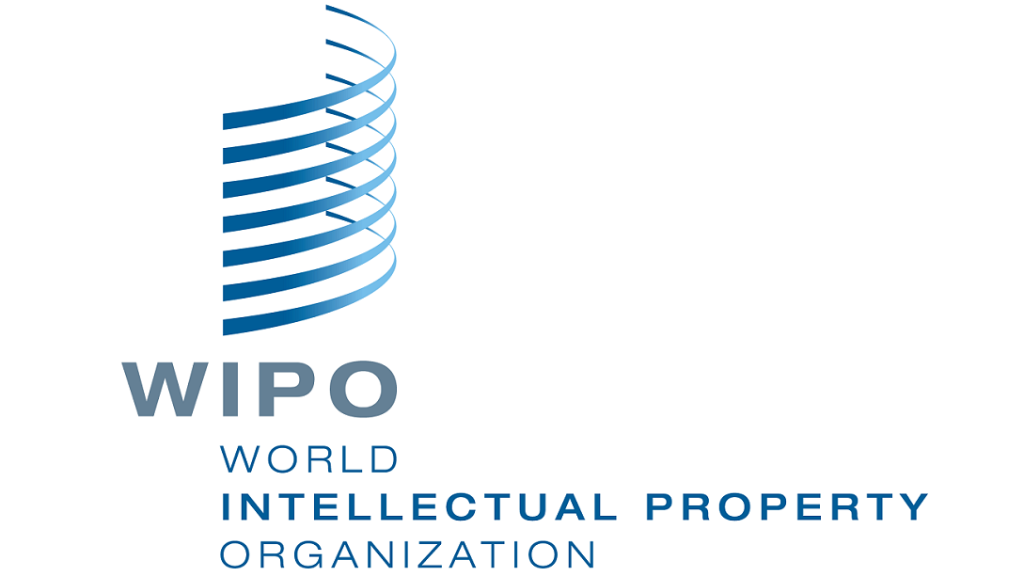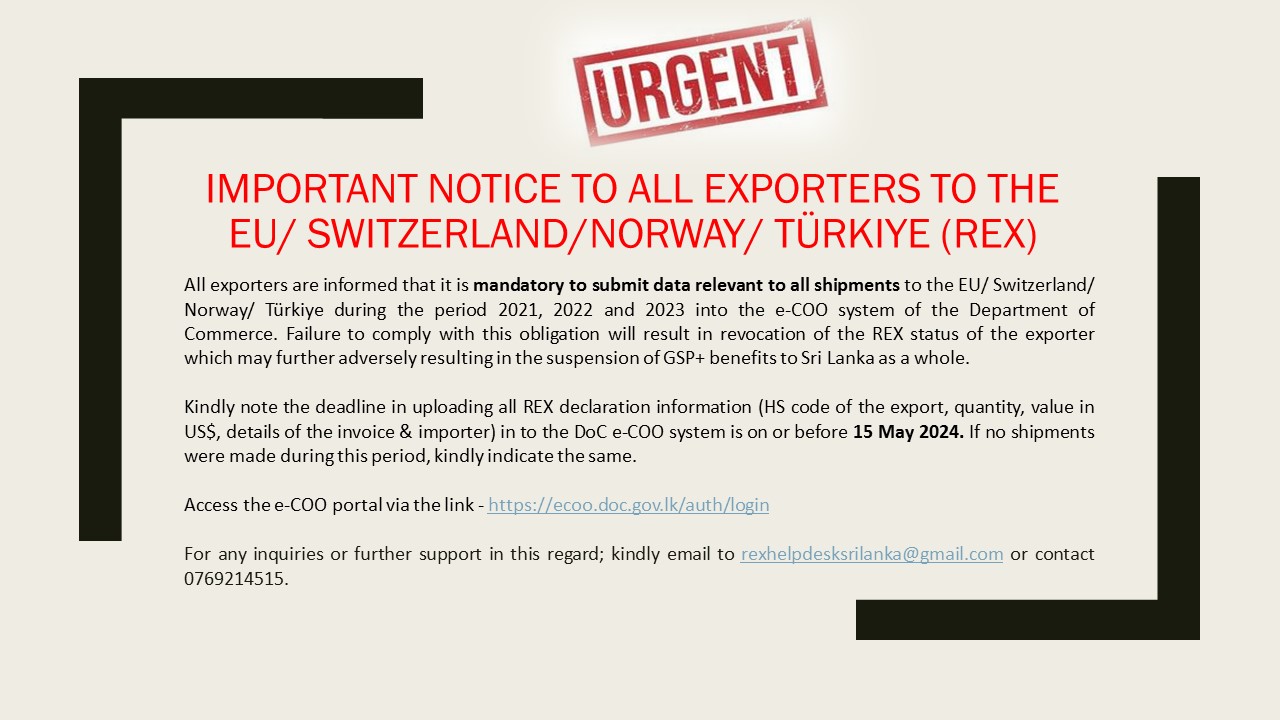For which countries can I apply for COOs?
All SAARC countries under the ISFTA, PSFTA, SAFTA
China, India, Korea, Bangladesh and Laos under the APTA Trade Agreements.
Forty-two countries under the GSTP Agreement, namely Algeria, Argentina, Bangladesh, Benin, Bolivia, Brazil, Cameroon, Chile, Cuba, the Democratic People's Republic of Korea, Ecuador, Egypt, Ghana, Guinea, Guyana, India, Indonesia, the Islamic Republic of Iran, Iraq, Libya, Malaysia, Mexico, Morocco, Mozambique, Myanmar, Nicaragua, Nigeria, Pakistan, Peru, Philippines, Republic of Korea, Singapore, Sri Lanka, Sudan, Thailand, Trinidad and Tobago, Tunisia, the United Republic of Tanzania, Venezuela, Viet Nam, Zimbabwe, and Mercosur.
COOs are also available for the following countries which provide unilateral preferences to Sri Lanka: Australia, Canada, Japan, New Zealand, Norway, Eurasian Economic Commission countries (Armenia, Belarus, Kazakhstan, Kyrgyzstan, and Russia), US and Japan under the various GSP Agreements
In addition, EU, Norway, Switzerland and Turkey also provide preferences under the GSP arrangements, but these benefits are obtainable under the self-declaration system known as REX (for more details, see below)








 United Nations Conference on Trade and Development
United Nations Conference on Trade and Development SAARC Secretariat
SAARC Secretariat International
International


